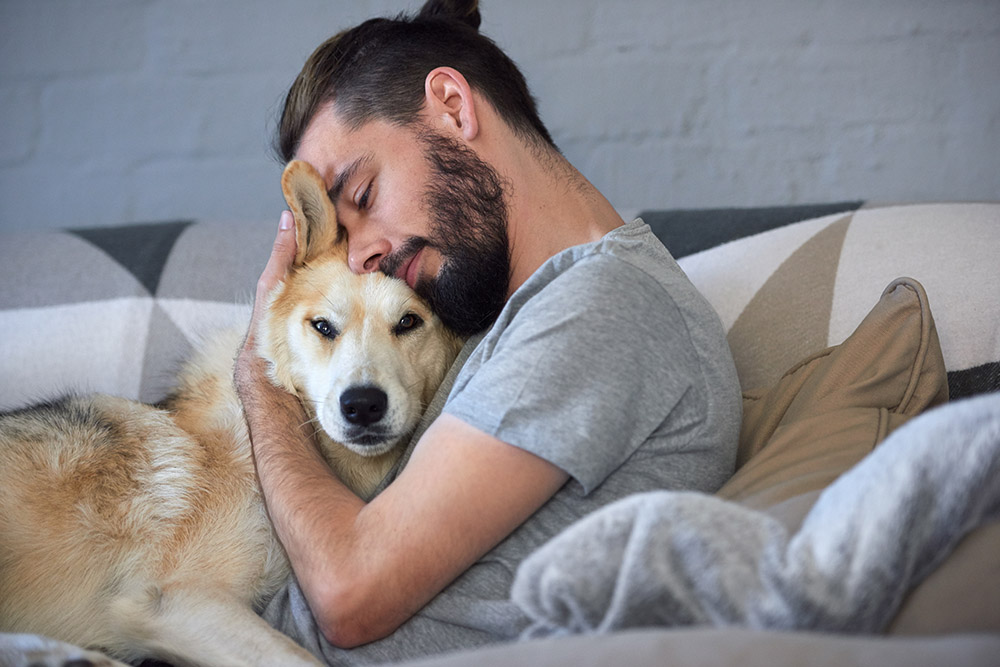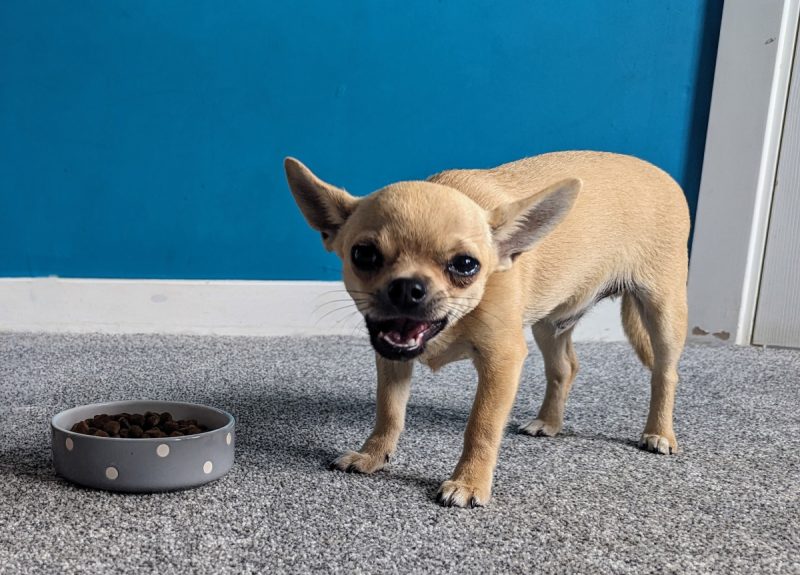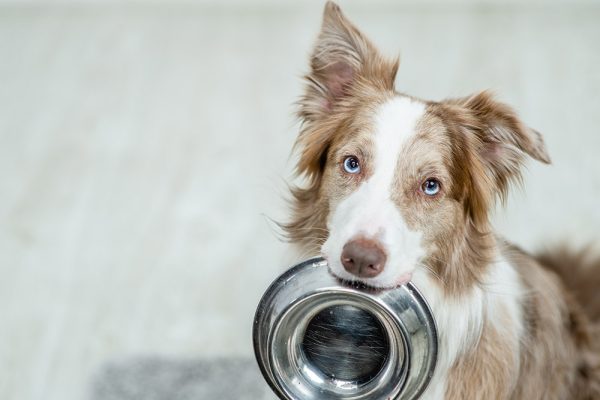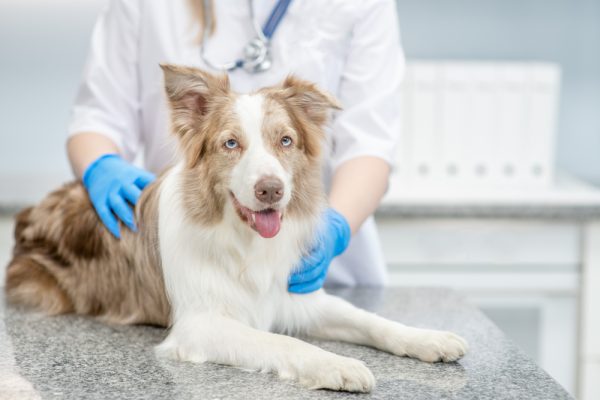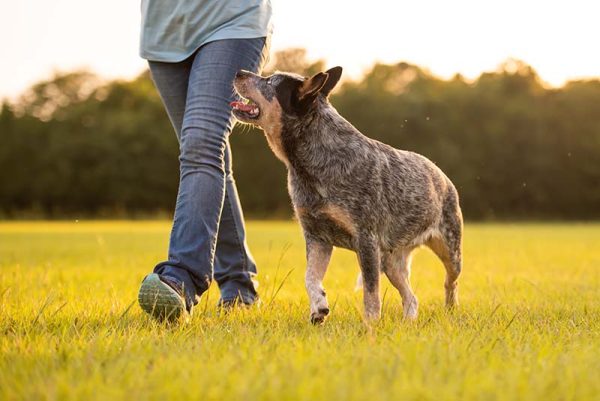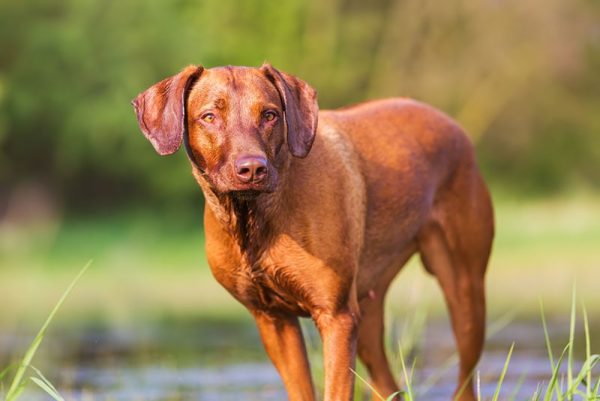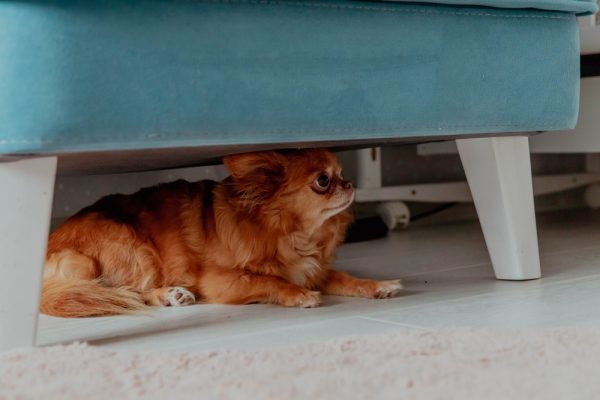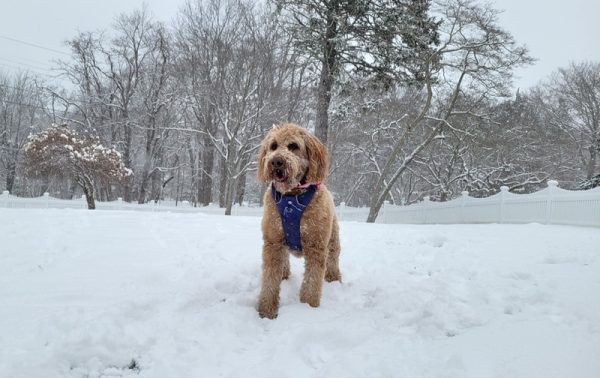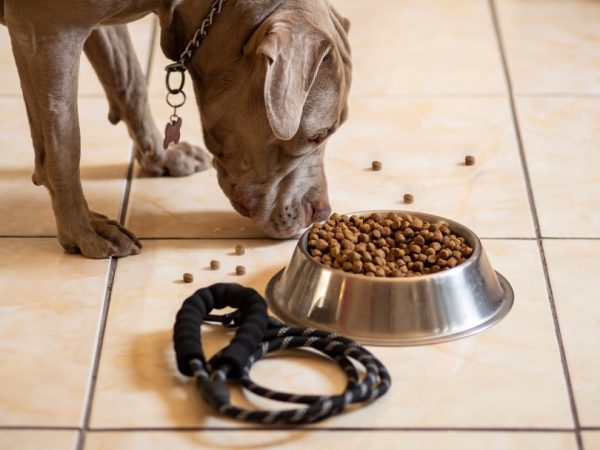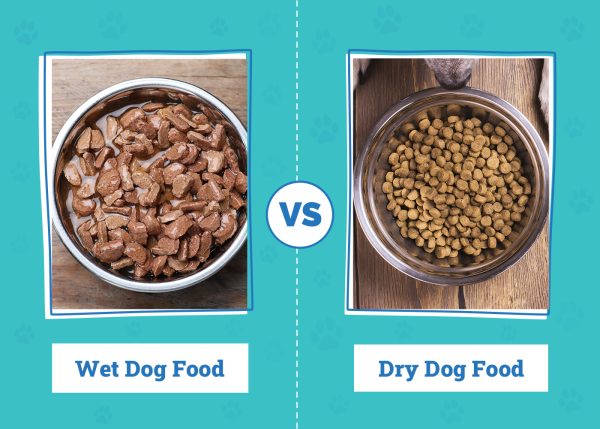In this article
The subject of death is an uncomfortable one, and you probably have a lot of questions if you have pets: What happens to my dog if I die? Who will take care of them? How will they react? Sometimes, circumstances force us to consider these matters. The best way to ensure that your dog gets the care that you want for them is to plan for it. You have several options from which to choose. However, understanding the legal side of the issue may also offer you peace of mind.

The Law and Your Pet
We’re not trying to be callous when we state the facts, but according to the law, pets are chattels, or movable articles of personal property. Nevertheless, 95% of pet owners consider their animal companions members of the family.1 That’s why knowing what happens to your dog is probably a greater concern than what happens to most of your other belongings.
However, that legal definition limits what actions you can take for the care of your pup after you pass. For example, you can’t leave your life savings of $50,000 to your dog because property can’t own property. Fido can’t inherit your SUV or house either. Everything you own, including your dog, belongs to your estate after you die. However, that doesn’t mean you don’t have options.
The wings of change are present. Laws exist that make animal cruelty a crime. Eight states have also addressed custody concerns in divorces. There’s even a precedent in Texas and Vermont for cases involving pet custody for unmarried couples.2 However, our animal companions are still considered property, directly impacting how the courts view pets if someone dies.
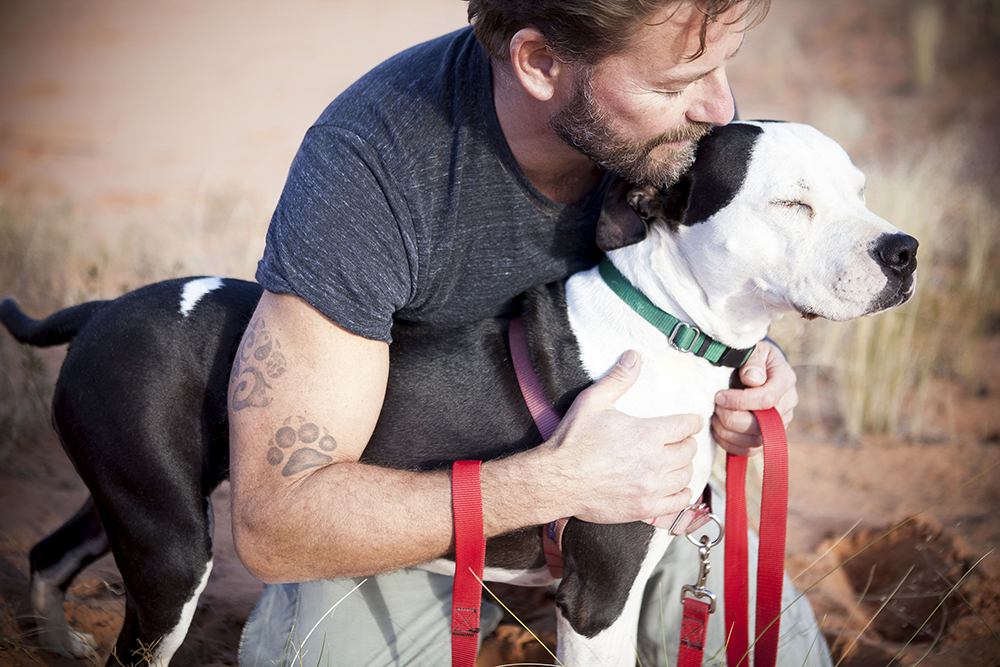
The Simple Solution
The easiest solution to this question is to discuss it with your family. After all, research has shown dogs form emotional attachments to their caregivers.3 Your passing is likely to be traumatic for your pet. Therefore, asking someone close to you and your pup to take care of your pup will make the transition less stressful.
It can be a verbal or written agreement for a more formal arrangement. The advantage of the latter is there is less likely to be a fuss over the decision if everyone knows it is what you want. We recommend discussing it with those involved to ensure everyone is on board. The last thing anyone needs during this time is a disagreement over who gets your dog.
Putting Your Dog in Your Will
You can also make provisions for your pup in your will. Your pet can’t inherit your estate, but you can name a caregiver and allocate funds to your pet’s care in your will. This formality makes it legal and removes the possibility of squabbles over your choice. It can also provide vital evidence for the individual to prove ownership to their vet if the animal’s microchip registration is still in your name.
The catch with a provision in your will is that it’s not a guarantee that the person will use the money you left for your dog’s care for that purpose. They are not legally bound to use the cash as you intended. Therefore, it behooves you to choose a caregiver you trust will follow your wishes. Again, making it clear to your family and close friends may ensure accountability.

Trust Planning
A trust removes the concern about your dog’s care with a caregiver formally appointed along with an overseer to make sure the individual treats your pet humanely. American businesswoman Leona Helmsley took this option to the stratosphere with the $12-million trust she left her Maltese-Terrier mix Trouble.
Nonetheless, it’s an expensive guarantee of your pup’s care. While an undercurrent of distrust may exist, this option at least gives you peace of mind of knowing someone will take care of your dog with their quality of life in mind.
The Absence of Provisions
It’s one thing to be pragmatic and plan for the unexpected. However, it’s another matter entirely when something tragic happens suddenly. Fortunately, the law has you covered on this score. Remember that legally, your dog is property. As such, your spouse or domestic partner, if you have one, will inherit your pet as part of your estate. Blood relatives, starting with the children, are next in line.
If you aren’t married and don’t have kids or other relatives, the state may step up and claim your estate as dictated by the laws of intestate succession where you live. It’s one reason to consider your options carefully, knowing what will happen to your property—and dog. It’s worth noting that all states bar anyone who committed a crime against you from profiting from your death.
The takeaway is that if you have concerns, you need to make sure to get your wishes in writing, especially if you want your pet to go to a non-relative. Add a clause to your will to ensure your dog goes to someone who will care for your pet as much as you do. We also recommend informing the people close to you of what you want for your pup.

Final Thoughts
Wondering what will happen to your pet after your passing is an uncomfortable thought, but it is definitely a conversation worth having. You can have peace of mind knowing your pup will get the love and attention they need if something were to happen to you. It can be a simple agreement between family members or friends. But getting it done in writing, whether in your will or a trust, is the best way to care for your dog, even if you can’t be there.
See Also:
- My Dog Died While Being Boarded: Whose Fault Is It & What to Do Next
- How to Protect Your Dogs If You Die First or Can No Longer Provide Care
Featured Image Credit: Daxiao Productions, Shutterstock
